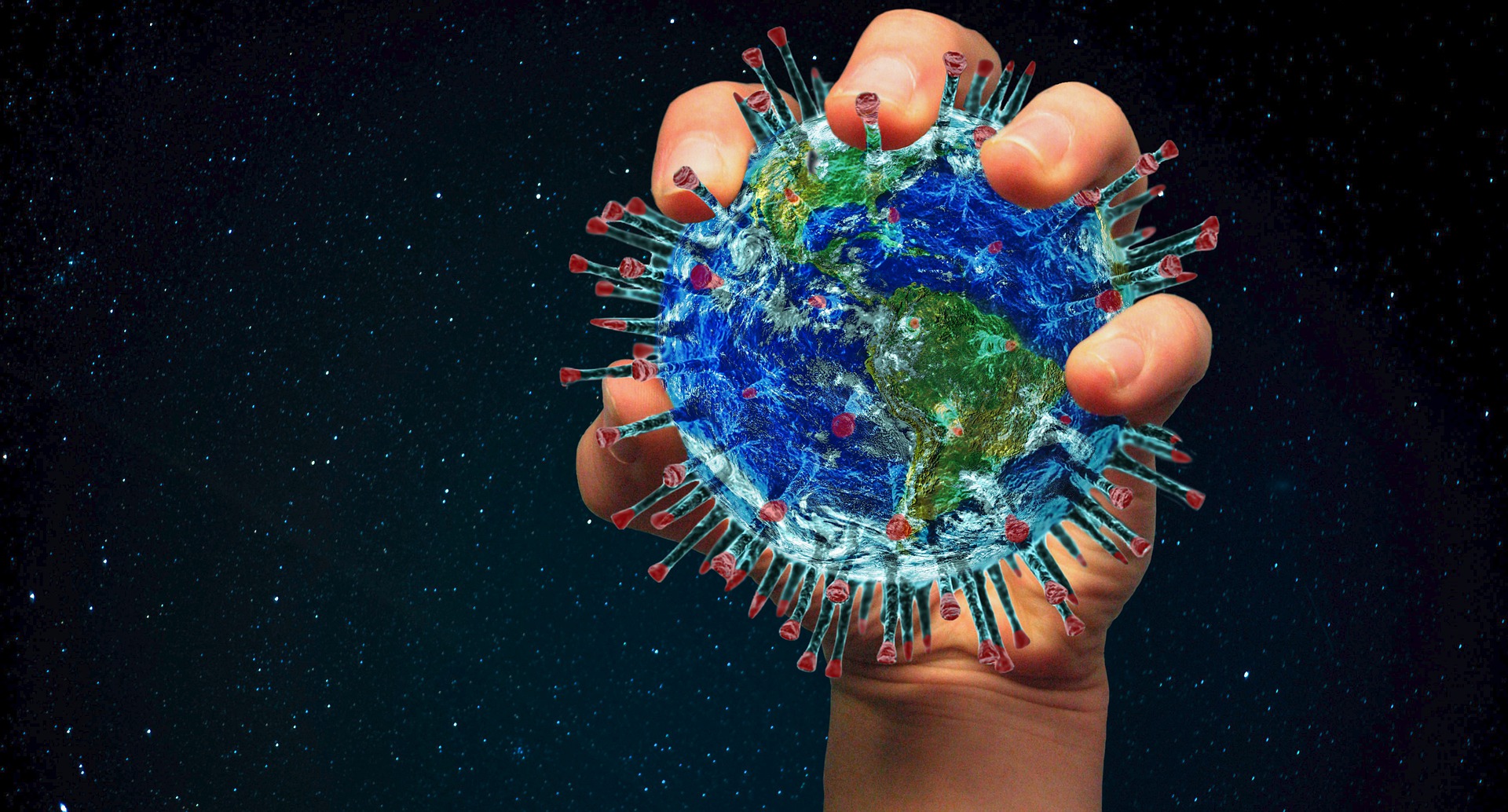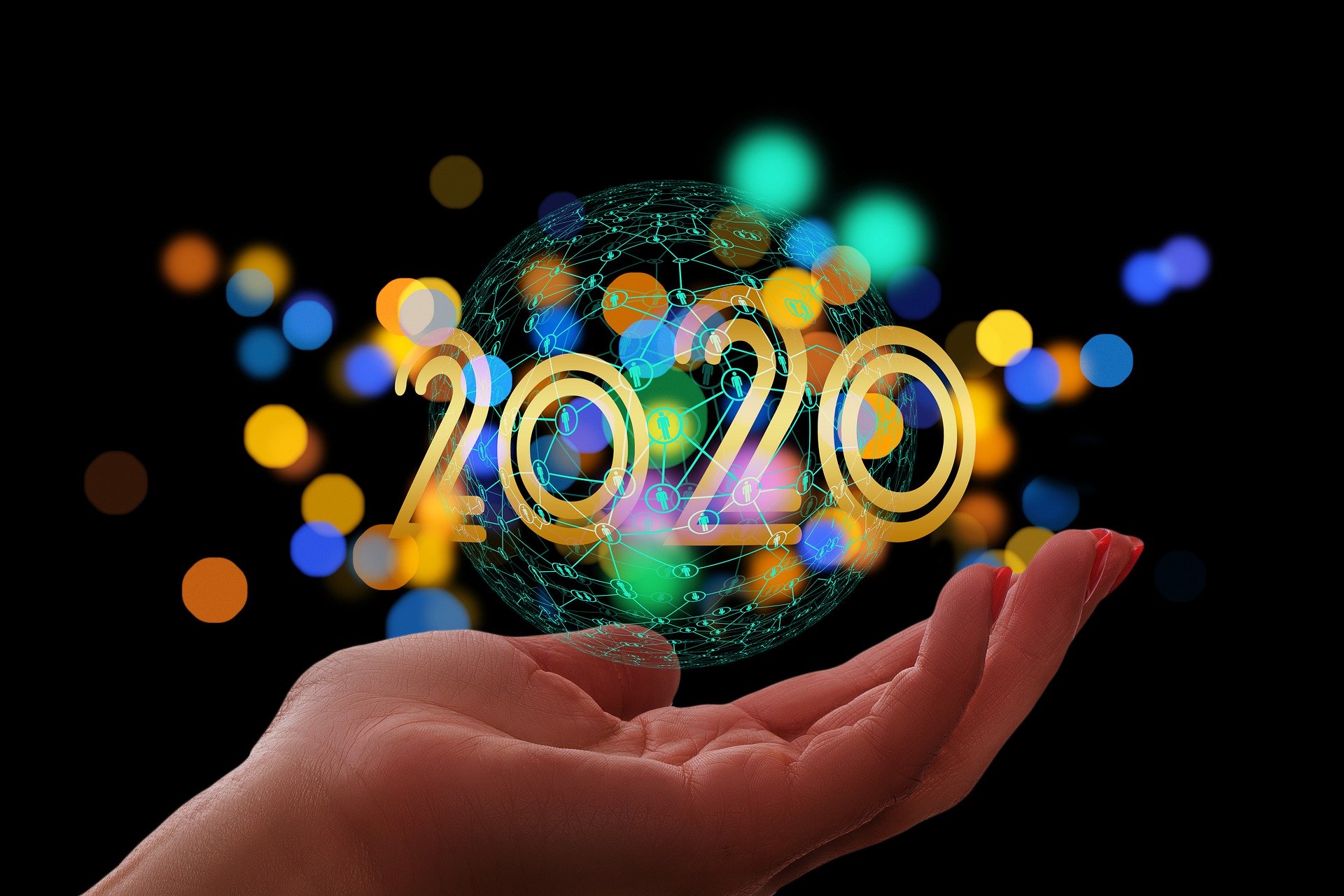
Amid all this anxiety and uncertainty about the future, I’ve been focusing more on the next hour, than the next year. But I read recently that resilience is not so much about bouncing back after a difficult time. It’s about bouncing forward.
And that got me thinking. What if, after Coronoavirus, we could return to life with greater insight and wisdom? What if we could envision a better future? How will this experience change us? How will it change the world?
So let’s not be afraid to think ahead. Especially if we can envision a better future.
A Positive Impact on our Systems

TeleHealth:This has been on the cusp for years, but currently Medicaid and Medicare do not recognize or validate the doctor-via-Zoom model. And the public mindset is clear: when a condition feels serious, we should see a health professional in person. Unfortunately, this sends sick people to the emergency room or urgent care center when they could actually get a diagnosis and prescription from a video conference, email or a text. And that puts quite a strain on resources. Can doctors really do what’s necessary over the computer? I’m not sure, but maybe in the future, every home will have a blood pressure belt and a medical grade thermometer. And with access to doctors across the world, we won’t have a supply issue. We’re now seeing doctors over the computer due to circumstance–but perhaps in the future it will be by choice.
Virtual Working: As companies have gone virtual across the last decade, they’ve also placed less value on the in-person workplace relationship. Sometimes with good reason and ultimate success. Other times not so much. Let’s face it, we’re still tweaking the optimal flexibility and productivity of the work-from-home concept. As we navigate Zoom calls and Google hangouts more regularly and establish best practices, more clarity is bound to emerge.
Supply Chain: Just-in-time delivery models are popular because hospitals don’t want to store 10 million masks. But now with a run on healthcare equipment (and, um, toilet paper) suppliers are struggling to meet this panic demand. This issue is two-fold: How do we help the public move from a place of abundance rather than scarcity? I”m not sure. But a better question is how do we help suppliers find a sweet spot between inventory nightmares and the philosophy of “just enough”? And we need to look no further than the banks because they’ve figured it out. During the depression, the public wanted their money and it wasn’t available. Across a century, our banking system has been restructured so that won’t happen. If you want your money, you can get it. And along the way, they’ve built a relationship of trust with the public.
Manufacturing: A vast majority of our products are manufactured in other countries. Offshoring and outsourcing is a common practice and can be a win-win scenario. However, as demand for specific goods goes up (i.e. masks and ventilators at the moment), dependency on an unstable country, which may need the supplies themselves, could become risky. For greater flexibility and accessibility, will we need to reevaluate our own capacity for manufacturing?
A Positive Impact on Humans

Resourcefulness: Last week a doctor friend of mine was asking for masks or gloves. “Anything you have. Even one makes a difference,” she said. Yikes. Back during WWII, families began planting their own gardens, touting “grow your own, can your own”. When faced with shortages, we may get more creative with our problem-solving. Will we start recycling with more gusto? Find better uses for our Amazon boxes? Fearing another pandemic, will we take more responsibility for our actions or engage in more preventive measures? One can hope.
Respect: As parents across the world begin the arduous task of homeschooling, they’re getting a first-hand experience of their child’s schedule and a teacher’s daily struggle. As the virus begins to infect our own individual world, we’ll be dramatically dependent on health care workers. As we’re told to hunker down, delivery drivers are now essential to our well-being. Might this instill more respect for these critical community contributors?
Abundance: We’ve been through tragedy and recession as a country. But most of us alive today, despite our global economy and marketplace, have not experienced a globally shared event. As we reflect on both the micro and macro of our life, can we be intentional about this time? Can we create new habits? Can we take a good lock at what we have and what we don’t? Can we choose an attitude of abundance instead of scarcity?

How do you turn a pandemic virus into a positive thing? In so many ways. Consider one of these new angles today. Post about it and tag me. I’d love to hear your perspective.

